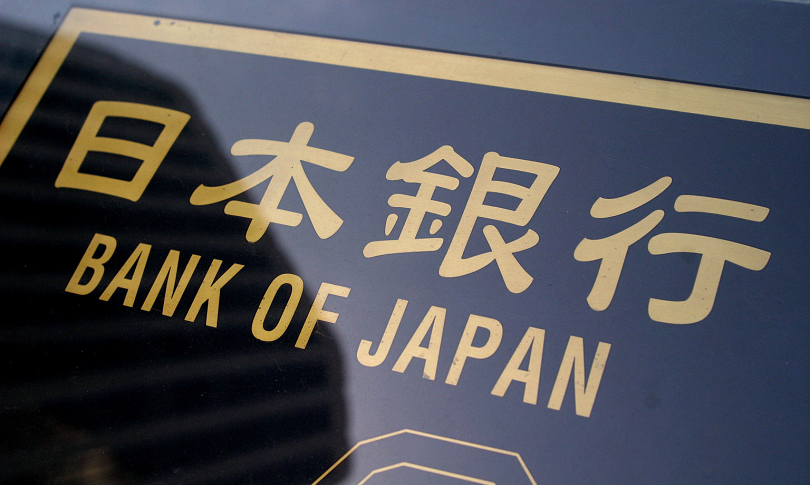December 18, 2018 – Japan’s government today cut its growth forecast for the domestic economy in fiscal 2019, citing weaker-than-expected capital expenditure amid a slowdown in the global economy.
The Cabinet Office said that gross domestic product, the total value of goods and services produced in the country, is expected to grow 1.3 percent in real terms in the year ending March 2020, a downgrade from the July forecast for 1.5 percent growth.
The forecast will be used as the basis for the government’s tax revenue estimates as it compiles the budget for the year ending March 2020. Prime Minister Shinzo Abe’s Cabinet is slated to approve a draft of the budget on Friday.
The latest outlook still represents expansion from 0.9 percent that the government estimates for fiscal 2018 despite a consumption tax hike slated for October next year. The forecast for the current fiscal year was cut from 1.5 percent after taking into account the impact of a series of natural disasters that struck the country during the summer.
In nominal terms, or unadjusted for inflation, the world’s third-largest economy is expected to grow 2.4 percent to 566.1 trillion yen ($5 trillion) in fiscal 2019, downgraded from the July forecast for 2.8 percent growth.
Capital expenditure, which has grown robustly in recent years on the back of strong corporate profits and labor-saving investment amid a severe shortage of workers, will likely increase a real 2.7 percent, the government said, slowing from the earlier forecast to grow 3.4 percent, as the global economy is likely to show slower growth.
Private consumption, which accounts for more than half of Japan’s economy, was projected to grow 1.2 percent, unchanged from July. The impact of a consumption tax hike scheduled for Oct. 1 will be offset by fiscal stimulus designed to underpin demand, a government official said.
Exports are expected to increase 3.0 percent despite a slowdown in demand for smartphones in Asia and heightened trade tensions between the United States and China.
The government meanwhile lowered its inflation forecast for fiscal 2019, underscoring the Bank of Japan’s struggle to lift prices through monetary easing. Consumer prices including energy and fresh food are likely to climb just 1.1 percent, compared with the earlier projection for a 1.5 percent increase.

